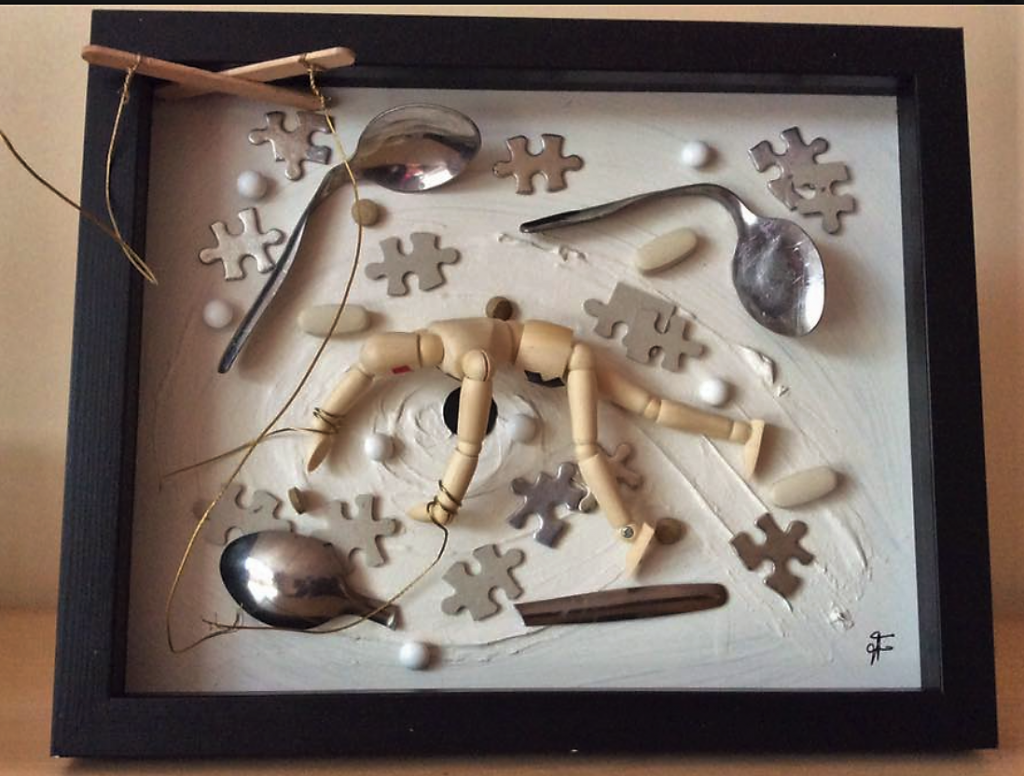The Health Secretary has ordered a review into the use of seclusion and segregation in the care of people with learning disabilities and autism in secure hospitals.
Health Secretary Matt Hancock has asked the independent regulator of health and social care in England, the Care Quality Commission, to open an investigation into practices including the seclusion and segregation of patients in Assessment and Treatment Units (ATUs).
ATUs are intended to be short-term inpatient units for patients with needs which may be difficult to safely treat or assess within the community. Patients can choose to enter an ATU on their own or may be sent there after being sectioned.
The minister’s intervention follows reports by campaigners and the media highlighting the treatment of more than 2,300 people with autism or learning disabilities held in secure hospitals.
Segregation, Seclusion, Heavy Medication and Face-Down Restraints Used in ATUs

Image via Unsplash / Erkan Utu
A Sky News Investigation reported that 40 people have died in ATUs over the last three and a half years, nine of whom were under 35.
The investigation revealed that the number of children in ATUs has more than doubled since March 2015, rising from 110 to 230 as of September 2018.
16 per cent of patients in ATUs had been there for more than a decade and 60 per cent for longer than five years
Worryingly, it also found that 16 per cent of patients in ATUs had been there for more than a decade and 60 per cent for longer than five years.
There are significant concerns regarding practices used in ATUs, including segregation and seclusion in padded cells, heavy medicating to sedate patients, the continuing use of face-down restraints and patients being fed through hatches.
Patients can also be placed in ATUs long distances away from their families, making visits difficult.
Are Human Rights Being Breached?
 Puppet Not Person by Jen Fookes as part of the Rightful Lives exhibition Credit: Jen Fookes Rightful Lives
Puppet Not Person by Jen Fookes as part of the Rightful Lives exhibition Credit: Jen Fookes Rightful Lives
The Human Rights Act 1998, which incorporates the Human Rights Convention into UK law, came into force in 2000 and enshrines the status of people with learning disabilities as equal citizens.
In the UK, all public authorities – including the NHS – have a duty to respect and promote the rights of patients.
This means that all NHS patients should be treated in accordance with key human rights principles such as dignity, equality, respect and autonomy.
The articles of the Human Rights Convention relevant to healthcare include the right to life (Article 2), the right not to be tortured or treated in an inhuman or degrading way (Article 3) and the right not to be discriminated against (Article 14).
No one shall be subjected to torture or to inhuman or degrading treatment or punishment.
Article 3, Human Rights Convention
Article 3 of the Human Rights Convention states: “No one shall be subjected to torture or to inhuman or degrading treatment or punishment.”
This means that people should not be treated in ways which violate dignity and cause severe physical or mental suffering.
Campaigners argue that the treatment of patients with autism or learning disabilities in ATUs could be in breach of their rights.
Following the revelations by Sky News and the Mail On Sunday, the Equality and Human Rights Commission (EHRC) is considering taking action.
EHRC chairman David Isaac told the Mail On Sunday: “The current in-patient care system for people with learning disabilities has led to some horrific situations at a number of Assessment and Treatment Units where people’s human rights are being disregarded.”
This must lead to real change for autistic people. No-one should have to face being stuck in inappropriate care, with traumatic and unnecessary seclusion, restraint and over-medication (1/4) https://t.co/w8HydYQNId
— National Autistic Society (@Autism) November 4, 2018
The Children’s Commissioner Anne Longfield has written to NHS England and is urging the government to investigate whether children have been removed from their parents’ care against parental wishes. She is also calling for the government to look into why children can be held for years in ATUs.
ATUs are intended to act as short-term secure placements for people with learning disabilities to receive treatment before moving back into the community.
“Children in ATUs are some of the most vulnerable young people in the country and all too often we know little about their experiences,” said a spokesperson for the Office for the Children’s Commissioner.
“This shocking investigation has raised a number of serious concerns about the way some children are being held in these units.
“We will be writing to NHS England asking why this is happening and what can be done to make sure that no child is condemned to spend years in an assessment unit.”
Dan Scorer, the head of policy and public affairs at Mencap, a charity supporting people with learning disabilities, has previously described the treatment of people with learning disabilities within inpatient units as, “one of the biggest domestic human rights issues of our time.”
We are concerned that the rights of many people with learning disabilities and autism living in inpatient units are not being upheld.
Rightful Lives
Campaigners, including Rightful Lives, have written to the EHRC outlining the need for action to protect the rights of patients in ATUs.
“We are concerned that the rights of many people with learning disabilities and autism living in inpatient units are not being upheld.”
This is good news. It needs to build on what we know from individuals and their families, and lead to change. We need care & support in the community with professionals that really understand autism. Many have already told their stories, CQC must listen: https://t.co/CF7NMx961s https://t.co/Xv7LSnvnom
— Tim Nicholls (@tim_nicholls) November 4, 2018
Featured image: Health Secretary, Matt Hancock MP
Credit: Number 10 Flickr







